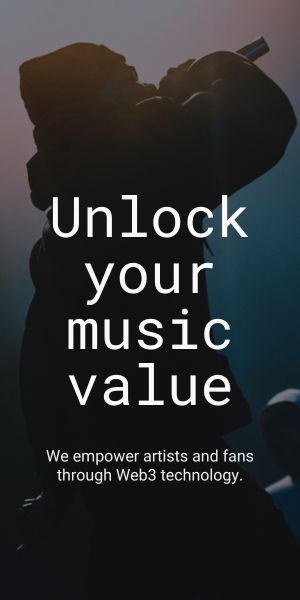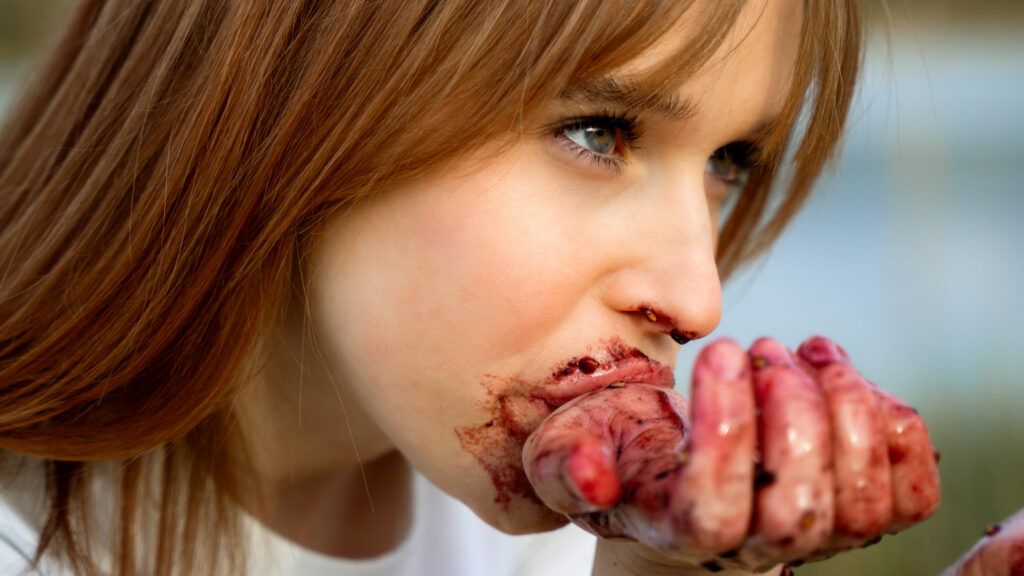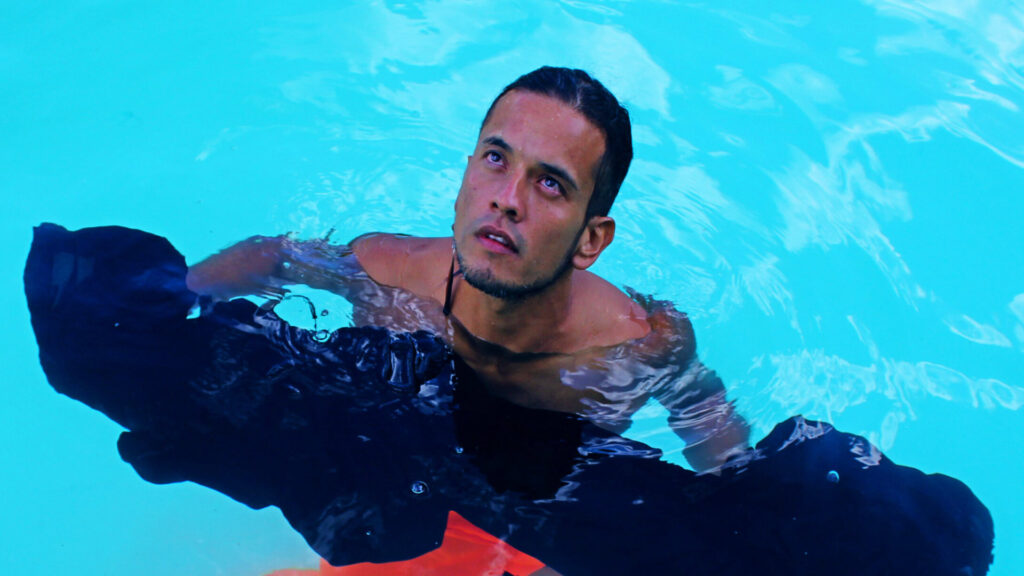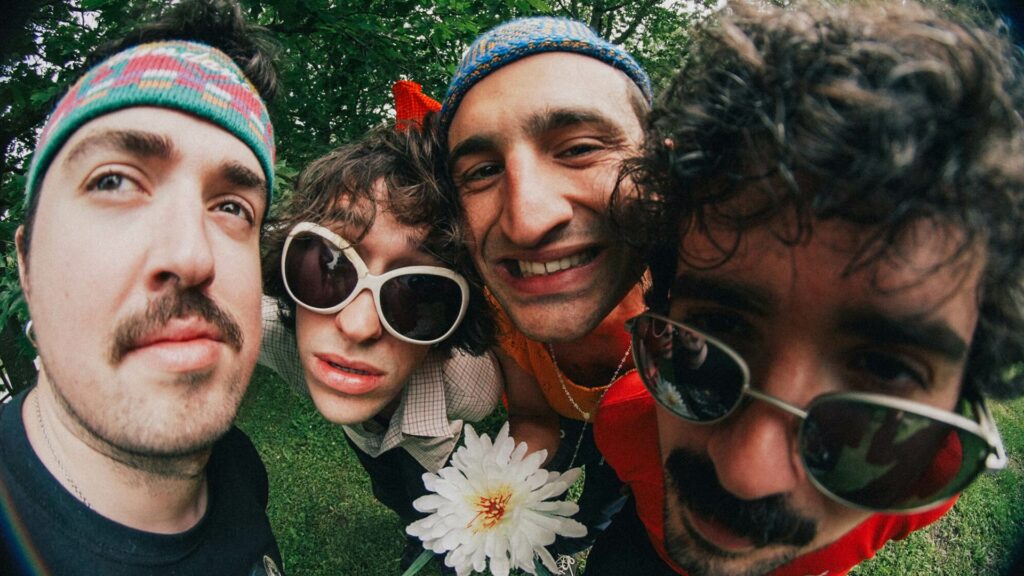We have a thing for following DIY Hip hop clans, but we never went as far as Raleigh. DOTWAV Media follows similar tactics as the UK ones, alternating solo projects and group efforts. We had a chat with jopippins, Renzo Suburbn, Mike Moon, and Wes Monterey about their rap and life in States. Can you give us more insight into your lyrics?
Renzo: I write about my life experiences as a queer black artist. I try to throw in words that are popular in LGBTQ culture, mixed with classic Hip hop bravado. I like the contrast between the two. It’s who I am. I want to give a voice to kids like me.
Mike: I was brought up in NC areas that were worse off, although I don’t come from a bad place. I try to capture what I saw in my lyrics. It tells a story of what my life could have been.
Jo: The main purpose of writing my lyrics is to document my life. I want to play my music to my kids one day. I’m so curious about who my parents were when they were my age, and the only data are photos. I want people to know who I was at any point in time.
Wes: Rapping is just fun to me. Someone makes a beat, and I try to match it with some tough bars. I love fashion, but I don’t have any designer stuff, so I’ve written about thrift fits. I’m hoping people that can’t afford designer clothes can relate to that.
It has been a tough year of social confrontation. How did it feel for you in North Carolina?
Renzo: Following the summer of protests and activism we experienced in response to exposed police brutality, my focus has been supporting talented black artists in my community. I find often we celebrate non-POC’s working in traditional black and brown spaces and art forms. Their appreciation for our culture is essential, but I often find it causes me to overlook black and brown artists.
Jo: There are a lot of stories that circulate around black experience in America. Sometimes it can be pretty traumatic to process them. Violence, injustice and general hatred can often float in the media. This is why I want our music to be as therapeutic as possible.
How did lockdown affect you guys both personally and as artists?
Renzo: This entire year has been a process of cocooning, hatching, and reentering for me. I can’t say it was wasted time because I was locked in the studio. The most important thing to me has been finding my voice as an artist and collaborating with my peers. Taking care of my mental health is a must for me in a pandemic.
Jo: I learned how to find balance, both as a person and an artist. I feel like that’s why my energy on a song is different every time. I’m trying to incorporate every feeling I experienced on a particular day.
Wes: I had moved to North Carolina to play shows. We were getting many gigs in 2019, but after COVID hit, they all fell through.
How do you think Hip hop changed in the last few years?
Renzo: Digicore, hyperpop, and hardcore have been insane to watch since 2019. I’m constantly inspired by what I hear coming from that subculture. I’m happy about the success of artists like Lil Nas X, who are open about their sexuality.
Mike: It has been continuously changing over the years. And now all these different eras are starting to bleed into each other.
Jo: Everything is moving faster. It was doing that before the pandemic, but once everyone had to go inside, we all started to make more music, and now we’re going at light speed.
Wes: I think in these last few years, music generally has become much more accessible for people to make. You don’t need a pro studio or anything, and you don’t even really need to stay in one genre. You can just make what you want to. It’s great.
DOTWAV Media new album “microwav: season 1” will be available on March 26th.
Cover photo: Jo Pippins



